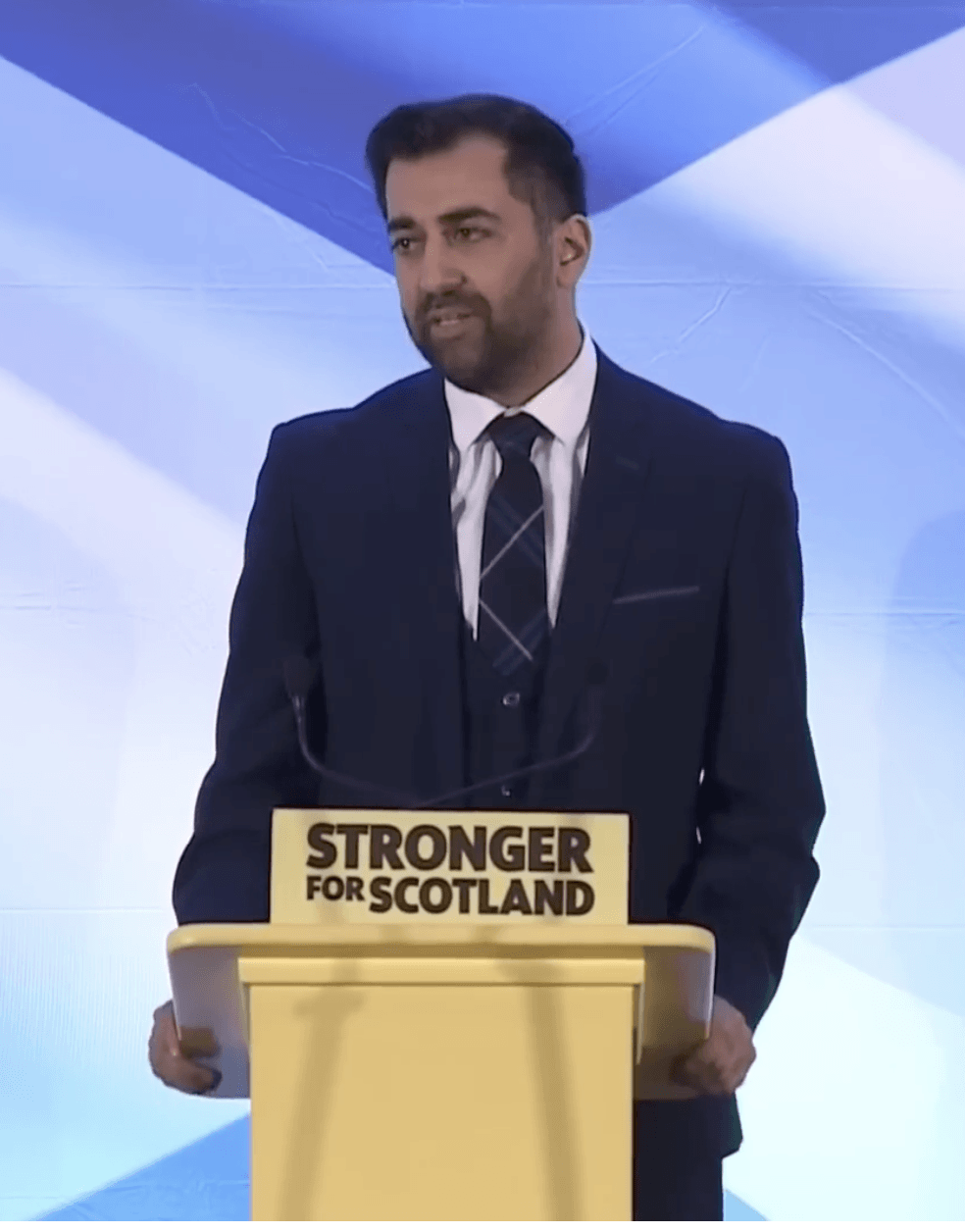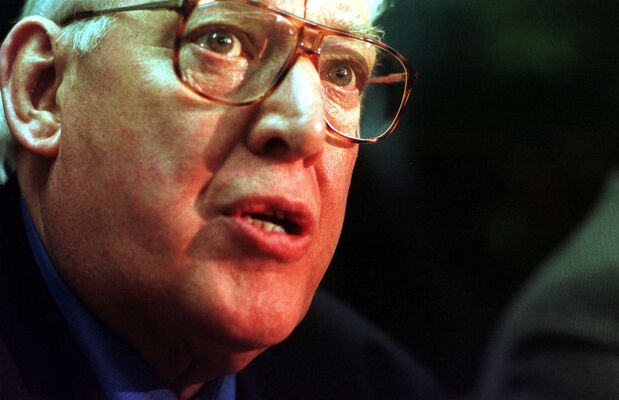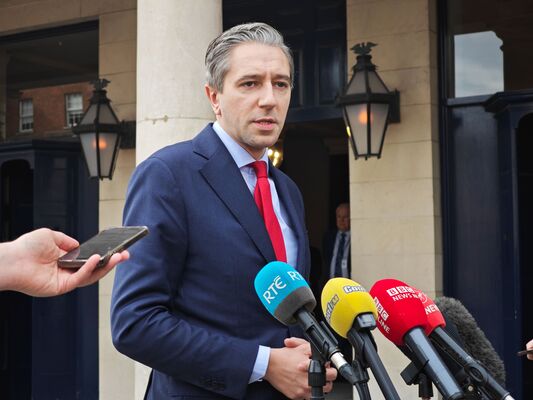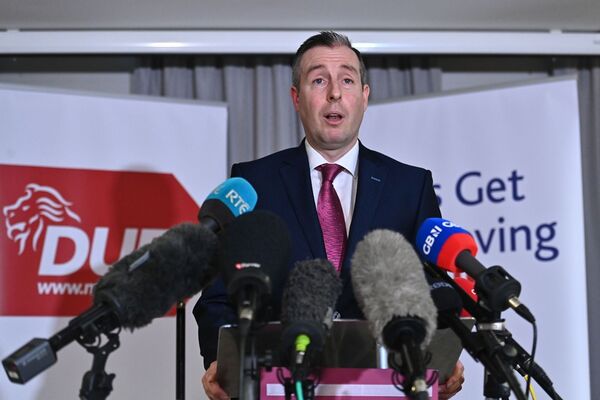YOU'VE probably noticed over the past few weeks that the Scottish National Party has been drawing a lot of attention. Self-disembowelling in full view can be messy but it does tend to catch the public gaze.
Until a couple of weeks ago, the party was very popular, with a leader who was considered as good a politician as you’d find on these islands. Some weeks ago an interviewer asked Nicola Sturgeon if she’d ever thought of retirement. The answer came back: not even a thought. Next we know, she’s on TV telling us she feels she has nothing left in the tank, it’s time for her to move on with her life. Exit Nicola, leaving an open-mouthed public going “Whaaaat?”
Three candidates quickly expressed a desire to replace her. Scotland’s Health Secretary Humza Yousaf was the ‘establishment’ candidate – that is, he had the blessing of top SNP people like the party’s Westminster leader Stephen Flynn and the deputy First Minister John Swinney and, of course, Nicola. But neck-and-neck with Yousaf last week was Kate Forbes, the former FInance Minister, who is popular with 30 per cent of the general electorate, whereas Yousaf is popular with just 20 per cent. The third candidate was former junior minister Ash Regan, who was as likely to succeed as an Orange Hall was likely to ask planning permission to lay piping for holy water on tap.
My family and I spending our first night in Bute House after today's parliamentary vote. A special moment leading my family in prayer in Bute House as is customary after breaking fast together. pic.twitter.com/yjPY1vpJMB
— Humza Yousaf (@HumzaYousaf) March 28, 2023
Anyway, last Monday it was announced that Humza Yousaf had been elected by party members. But his party may have paid a heavy price. For starters, there’s that disembowelling I mentioned above – the three candidates arguing with each other in debates, poking holes in one another, sowing seeds of division which it will be hard to cement over. Humza Yousaf seems an energetic 37-year-old and looks unafraid of anyone. But being the successor Sturgeon would have chosen now is a mixed blessing, with rumblings about misleading party numbers and mismanagement of the economy, Yousaf promises a fresh start and an independence vote within five years.
What’s happening in Scottish politics is of intense interest to us here in NEI. Like Ireland, Scotland was subjugated by England and the hope was that Scotland would win independence. In doing so, it would destabilise the UK and make the success of a border poll in Ireland all the more likely.
Scottish independence hopes, alas, have shrivelled, and the new leader has good reasons for emphasising such matters as health and education alongside independence. So if we in Ireland are looking to the SNP to lead the way to independence, forget it. Humza Yousaf will find reasons to postpone an independence vote beyond five years.
But we can learn some lessons from the SNP.
The first and most important lesson is that you must have a leader who can stay the pace. For decades Gerry Adams led republicanism and despite every slur, slander and physical attack, he continued to build Sinn Féin as a formidable political party. His successor, Mary Lou McDonald, has done superbly well thus far, so let’s offer novenas that she doesn’t suffer a Nicola Sturgeon.
The second lesson we can learn from Scotland is nios fearr le cheile – we’re better united. Parties that are split are poison to the public eye. Sinn Féin has been accused of being Stalinist in its tight control of MPs and MLAs, but in a party that is alert to the animosity of establishment parties, institutions and mainstream media a firm grip is sensible. That’s what the SNP had – a firm grip. Until it hadn’t.
So as the SNP does what it can to bind its seeping wounds, let’s murmur a prayer and a question. Prayer: There, but for the Grace of God, go we. Question: Was Nicola Sturgeon got at by shadowy UK forces?
Only askin’, like.








